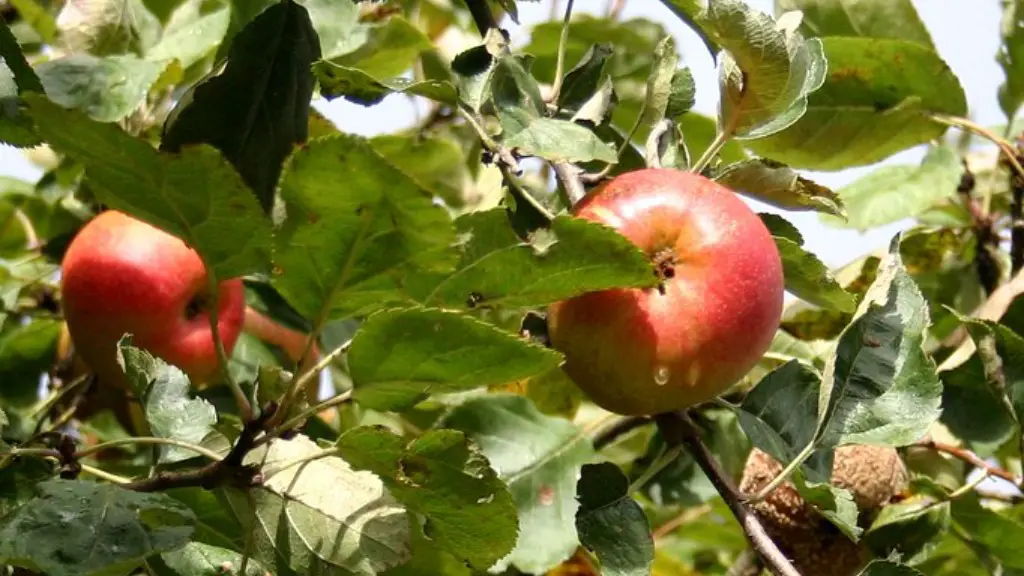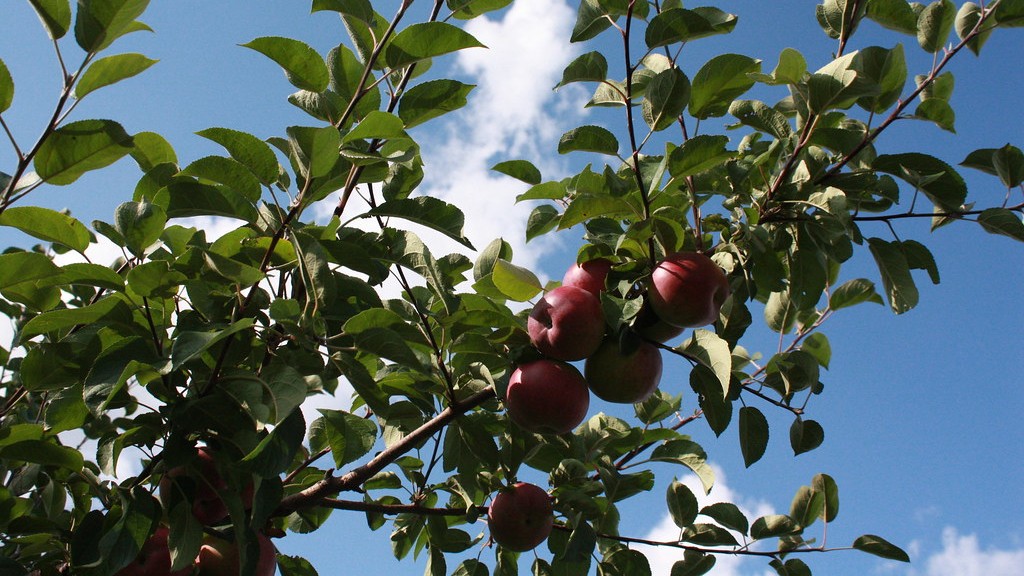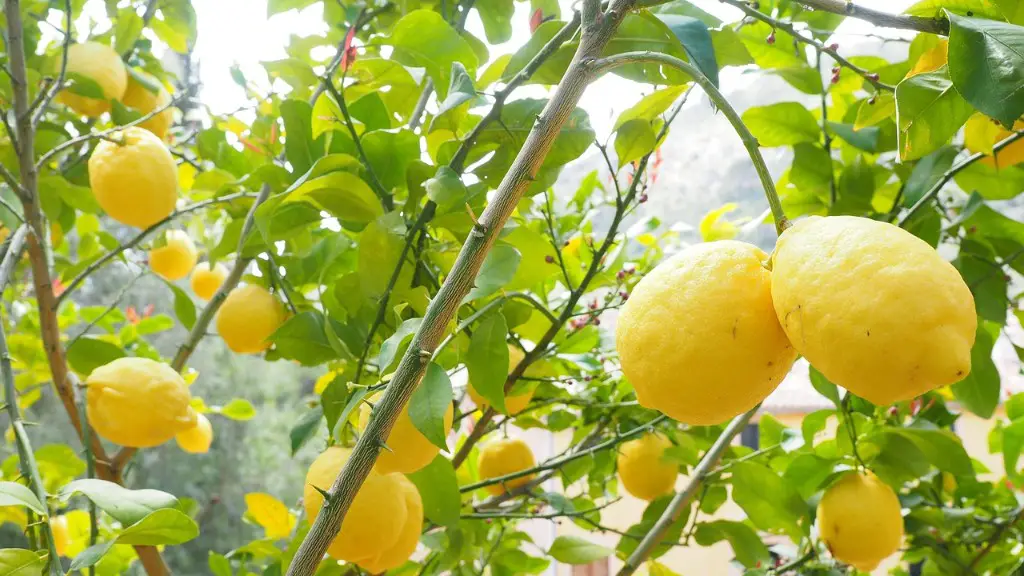The rotting of lemons on the tree can be an alarming experience for any lemon tree owners. It can be caused by a range of factors, from lack of water to insect infestations. In this article, we’ll explore why your lemons are rotting on the tree, and how you can prevent it.
Firstly, if your lemons are not getting sufficient water, they can start to rot on the tree. The key is to make sure your lemons are consistently hydrated; if you are experiencing a dry spell and water is scarce it is important to provide your tree with extra water. Failing to do this can leave the skin of the lemons dry, causing them to wrinkle and rot.
The second factor that can contribute towards lemon rot is a lack of sunlight. All plants need sunlight for energy; when lemons are deprived of hours of light daily, their rate of photosynthesis slows down. As a result, the fruit ages more quickly, leading to rotting.
The third factor is poor pruning. Pruning a lemon tree can help regulate growth, stop disease spreading and encourage larger yields; however, overpruning can lead to weaker branches, hampering the lemon tree’s natural defence against water loss. Additionally, pruning can control the size of the tree, allowing more sunlight and water to reach the younger branches and lemons.
Fourthly, fungal or bacterial infections can cause your lemons to rot. Some fungus, such as Botrytis cinerea (grey mould), can form on the skin of lemons, turning them brown and eventually causing them to rot. To prevent this, be sure to get rid of any brown or mushy fruit from your trees as soon as you find them so as not to spread the infection.
Finally, insect infestations can weaken the skin of the lemons, causing them to rot. One such pest is lemon tree psyllid, which feeds on the shoot tips and leaves of young citrus trees, weakening the fruit and making them more susceptible to rotting.
Preventing Rot on Your Lemons
The best way to prevent your lemons from rotting on the tree is to maintain regular watering and pruning, as well as monitoring for signs of insect infestations and disease. Make sure to dispose of any infested or rotten fruit promptly, as this can contribute to the spread of infection.
Plant mineral oils can be used to treat pest infestations, as this will cover the lemon tree’s leaves and help prevent further damage. Additionally, you should use mulch and organic fertilisers to ensure your lemon tree is as healthy as possible.
For fungal infections, a fungicide can be used to stop the spread. However, it is important to note that many fungicides can cause damage to beneficial insects and other organisms, so be sure to read the label and follow the instructions carefully.
Lastly, it is important to remember that lemon trees need at least 6-8 hours of sunlight each day to stay healthy. If your area is experiencing a dry spell, you may want to consider adding additional watering or using a water saving bag to keep the soil hydrated.
Alternative Solutions
If you want to save yourself the hassle of dealing with a lemon tree and still enjoy the benefits of fresh lemons, consider growing your own inside. Dwarf lemon trees are suitable for small spaces, such as indoors, and can give you a steady supply of juicy lemons throughout the year.
Furthermore, you can purchase fresh lemons from the grocery store. Grocery stores purchase lemons from reliable farms that have a good track record of growing quality lemons; hence you can be sure of the quality that you are buying. However, bear in mind that these lemons may have been picked earlier than usual.
Furthermore, frozen lemons can be a good alternative. While they may lack the sweetscent and juiciness of fresh-picked lemons, they are still nutritious, and can be used to make dishes like lemon curd or sorbet. Frozen lemons are convenient to store since they don’t spoil as quickly. You can also freeze freshly picked lemons if you harvest too many.
Finally, lemons can be dried for a longer shelf life. Dried lemons can be used for beverage and salat dressings, as well as marinades, soups and stews. They also make great seasoning, adding a zesty flavour without adding any extra liquid content.
Frequently Asked Questions
Here are some frequently asked questions about why your lemons are rotting on the tree:
Q: What can cause lemons to rot on the tree?
A: Lemons can rot on the tree due to any of a range of factors, including insufficient water, lack of sunlight, pruning too much, insect infestations, and fungal or bacterial infections.
Q: What can I do to prevent my lemons from rotting on the tree?
A: To prevent your lemons from rotting on the tree, make sure to provide it with consistent hydration, provide it with plenty of sunlight, prune it correctly, dispose of infected or rotten fruit immediately, and use mineral oils and organic fertilisers to reduce the chances of infection.
Q: Are there any alternatives to growing my own lemon tree?
A: Yes, there are a few alternatives to growing your own lemon tree, such as purchasing lemons from the grocery store, freezing lemons, or drying lemons for a longer shelf life.



